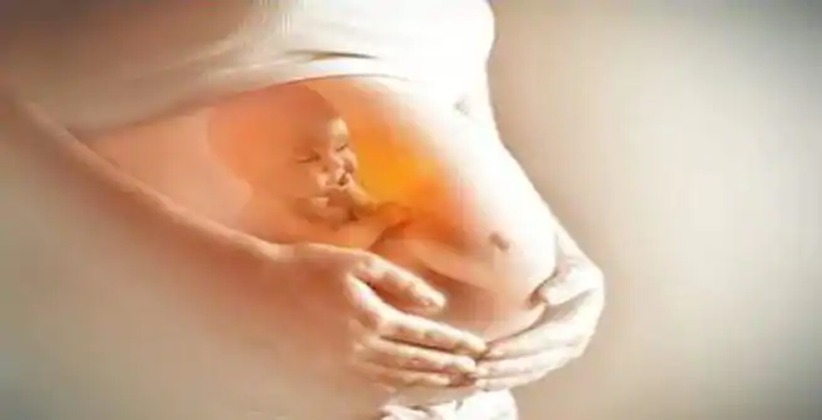On Tuesday (16 June 2020), the Supreme Court permitted a woman, with 25-week twin pregnancy, to undergo fetal reduction on grounds of "serious fetal abnormalities".
The bench comprised of Justices R. Bhanumathi, Indu Malhotra, and Aniruddha Bose. It allowed the Special Leave Petition (provided under Article 136 of the Constitution) against the order of the Bombay High Court, wherein the permission to undergo fetal reduction was declined. The proceedings were held through video conferencing.
Earlier, the Bombay High Court, in an order dated 22 May 2020 declined to grant her the permission for the same. The ruling of the honorable HC was based on the following grounds- i) it may not be safe for the woman, and; ii) fetal reduction of one fetus, may affect the other normal fetus.
In an order dated 10 June 2020 the Supreme Court directed the Medical Board to be re-constituted and submit an additional report. The report would be made regarding two issues: i) "To give a further opinion on whether the abortion of one fetus will affect the life of the petitioner- mother"; ii) "Whether the abortion of one fetus will have an effect on the surviving second fetus."
The honorable court further directed that an additional member, who is a specialist in fetal medicine, must be included in the new Board. In accordance with this, Dr. Purnima Satoskar was added as the Board member.
"... Today she is around 25 weeks pregnant. One fetus is affected with trisomy 21. The other fetus is chromosomally and structurally normal," said Dr. Purnima Satoskar, after examining the petitioner mother.
Referring to the "Guidance Note for Medical Boards for Terminal of Pregnancy beyond 20 weeks Gestation" issued by the Union Ministry of Health and Family Welfare, Dr. Satoskar opined, "This (trisomy 21 or Down Syndrome) is a chromosomal abnormality and has no treatment."
Termination of pregnancy on the grounds of 'physical or mental abnormalities' of the abnormal child is permitted under Section 3(2)(ii) of the Medical Termination of the Pregnancy Act, 1971.
In the given case, the woman was 25 weeks pregnant. This was beyond the limits prescribed under the Act, i.e. between twelve weeks and twenty weeks. Therefore, the woman sought permission from the Supreme Court.
The petitioner's counsel, Mr. Colin Gonsalves and Sneha Mukherjee advanced an argument that a fetal medicine specialist should be consulted in the case. Foetal reduction is regarded in the medical profession worldwide to be safe and acceptable, with a risk rate of one per thousand, her lawyers had argued.
Earlier, in July 2016, the Supreme Court had allowed an alleged rape victim to abort a 24-week old fetus on the ground of ' danger to the mother's life". Since then, the lead has been followed by several High Courts.
The Medical Termination of Pregnancy (Amendment) Bill, 2020 was passed in Lok Sabha on 17 March 2020. It allows abortion, on the grounds of fetal abnormalities or pregnancies due to sexual violence faced by women, at gestational age beyond the permissible limit of 20 weeks. It proposes to extend the upper limit for medical termination of pregnancy to 24 weeks.









Jun 19, 2020
Can I get the citation for the above case